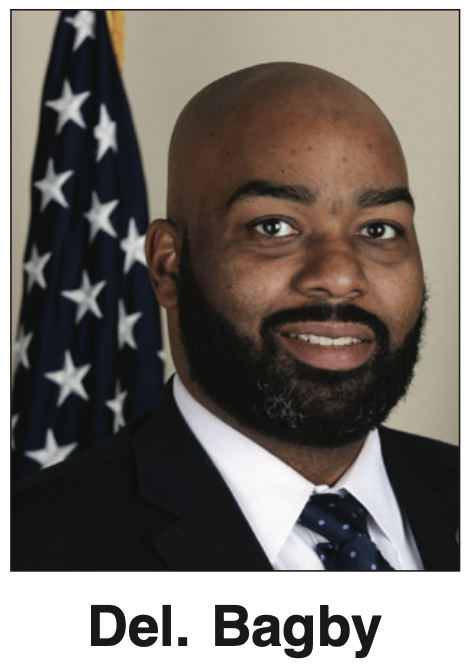Senate budget plan threatens hospital funding, Virginia officials warn
Charlotte Rene Woods | 7/3/2025, 6 p.m.
With roughly $1 trillion in Medicaid funding at stake, Congress is racing to finalize a sweeping budget package, dubbed the “big, beautiful bill,” ahead of President Donald Trump’s July 4 deadline — but key decisions about cuts to the health care program remain up in the air.
A preliminary review by the Congressional Budget Office has heightened concern, and a bipartisan chorus of lawmakers and hospital associations across several states is warning against adopting the Senate version of the bill, which they say could devastate Medicaid-dependent health systems.
The overall package, which calls for cuts to several federal social aid programs, is meant to extend overall tax cuts from Trump’s first presidential term, while boosting U.S. border and military spending.
Although the House already passed its version in June, the Senate version only advanced this week after Vice President JD Vance cast a tie-breaking vote, following opposition from three Republican senators who sided with Democrats.
A central dispute between the two chambers involves how the Senate version would restructure Medicaid funding, particularly in ways that could undercut Virginia’s hospitals and the state’s expanded Medicaid program.
“Given the available options, the U.S. House reconciliation legislation is the better approach to accomplish the President’s tax-cutting objectives while still preserving our health care delivery system and health safety net,” wrote Julian Walker, vice president of communications for the Virginia Hospital and Healthcare Association. “For the sake of public health, well-being, and the economy, we urge members of the House to reject the Senate plan and insist on their version of the package.”
He added that the association is “deeply disturbed” by the Senate version.
Last week, Virginia joined hospital associations in 13 states in signing a joint letter opposing the Senate’s proposal. Walker has previously warned that rural hospitals would be hit hardest, likely forced into closures or deep cuts into service and staffing.
While the House version avoids the same blow to hospital funding mechanisms, it still has Medicaid changes that Democrats, healthcare advocates and many Virginians have criticized.
Both versions of the bill include new work and authorization requirements for Medicaid recipients.Though most Medicaid beneficiaries already work, some rely on it when temporarily unable to do so — such as Richmond-area construction worker Andrew Daughtry, who is recovering from an injury, and the daughter of Aida Pachecho, who is unemployed while battling breast cancer.
U.S. Sen. Mark Warner, D-Va., said during a recent press call that the additional authorization requirements could overwhelm already burdened government employees. Meanwhile, U.S. Sen. Tim Kaine, D-Virginia introduced amendments to protect Medicaid before the Senate bill passed, but those efforts fell short.
Despite concerns, Virginia’s House Republicans continue to back their chamber’s version of the bill, claiming it meets Trump’s goals without gutting Medicaid. Reps. Rob Wittman, R-Westmoreland, and Jen Kiggans, R-Virginia Beach, signed onto a joint letter with other lawmakers last week.
“The House’s approach reflects a more pragmatic and compassionate standard, and we urge that it be retained in the final bill,” they wrote. “Protecting Medicaid is essential for the vulnerable constituents we were elected to represent. Therefore, we cannot support a final bill that threatens access to coverage or jeopardizes the stability of our hospitals and providers.”
Medicaid’s size as a share of the federal budget has made it a prime target for Republicans looking to trim or redirect spending. Wittman and Kiggans argue the reforms will ultimately strengthen coverage for pregnant people, children and disabled Americans.

In a recent newsletter, Kiggans called the bill “historic,” describing it as a tool to “rein in Washington’s waste” and deliver on promises made by Trump and Congressional Republicans.
Wittman, who has spoken about being adopted thanks to Medicaid coverage at birth, emphasized his personal connection to the program.
“I know firsthand what access to care means for families like mine,” he said in a recent statement.
But Virginia Democrats argue that Wittman and Kiggans have already done damage by supporting even partial cuts.
Democratic Party of Virginia chair Lamont Bagby said in a recent statement that the two representatives “already broke their promise to Virginians by voting to advance this disastrous budget that makes the largest cuts to Medicaid in history.”

He questioned whether the two Republicans would “once again bend the knee to Trump” or stand with their constituents.
This story originally appeared on VirgniaMercury.com.







